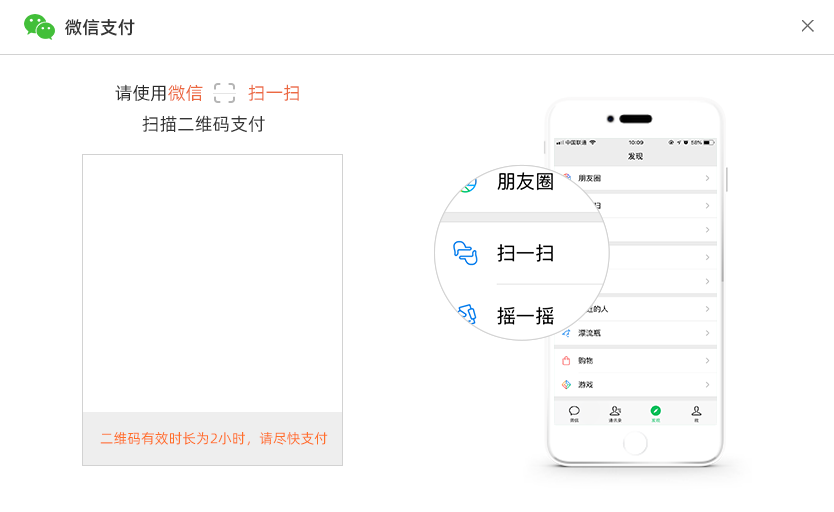What is the safest way to turn "public to private"? The account is always blocked. What's the matter?
"Public to private" refers to the act of enterprises transferring company funds to personal accounts or consuming in the name of individuals. This is usually done to circumvent the scrutiny and restrictions of tax or regulatory authorities. However, this kind of behavior is illegal, and once found, it may face serious fines and legal consequences.

To avoid this risk, the boss should take the safest and legal method to transfer funds. The following are the five safest ways to transfer from public to private:
1. Payroll: This is the most common way of transferring public to private. The boss can pay part of the company's funds to himself or other employees in the form of wages. This method requires payment of individual income tax and social insurance expenses in accordance with the tax law, with the tax rate up to 45%. Therefore, in this way, it is necessary to conduct adequate tax planning and compliance operations.
2. Repayment of loans from the company to individuals: If the boss or other people borrow from the company, the funds can be transferred to personal accounts by repayment. In this way, a certain amount of interest needs to be paid. The interest income is subject to individual income tax according to the tax law, with the tax rate of 20%.
3. Dividend distribution: If the boss is a shareholder of the company, he can transfer part of the funds to his personal account through dividend distribution. Dividends shall be subject to individual income tax at the rate of 20% in accordance with the tax law. In order to reduce the tax rate, you can enjoy the local approved tax collection policy by registering a low-lying tax park.
4. Pay liquidated damages: If the company needs to pay liquidated damages or compensation, the funds can be directly transferred to the personal account. In this way, relevant taxes shall be paid according to the tax law, and the specific tax rate depends on the specific situation.
5. Use the invoice issued by the tax department: if the company provides labor services or services to individuals, the funds can be transferred to the individual account by issuing invoices on behalf of the tax department. Tax policies vary in different regions, and specific operations need to comply with relevant regulations.
In a word, the boss must abide by relevant laws and regulations and carry out legal operations when transferring from public to private. Before transferring from public to private, it is better to consult a professional tax adviser or lawyer for tax planning and legal compliance operations. The legal and compliant public to private transfer can avoid risks and realize the safe transfer of funds.












